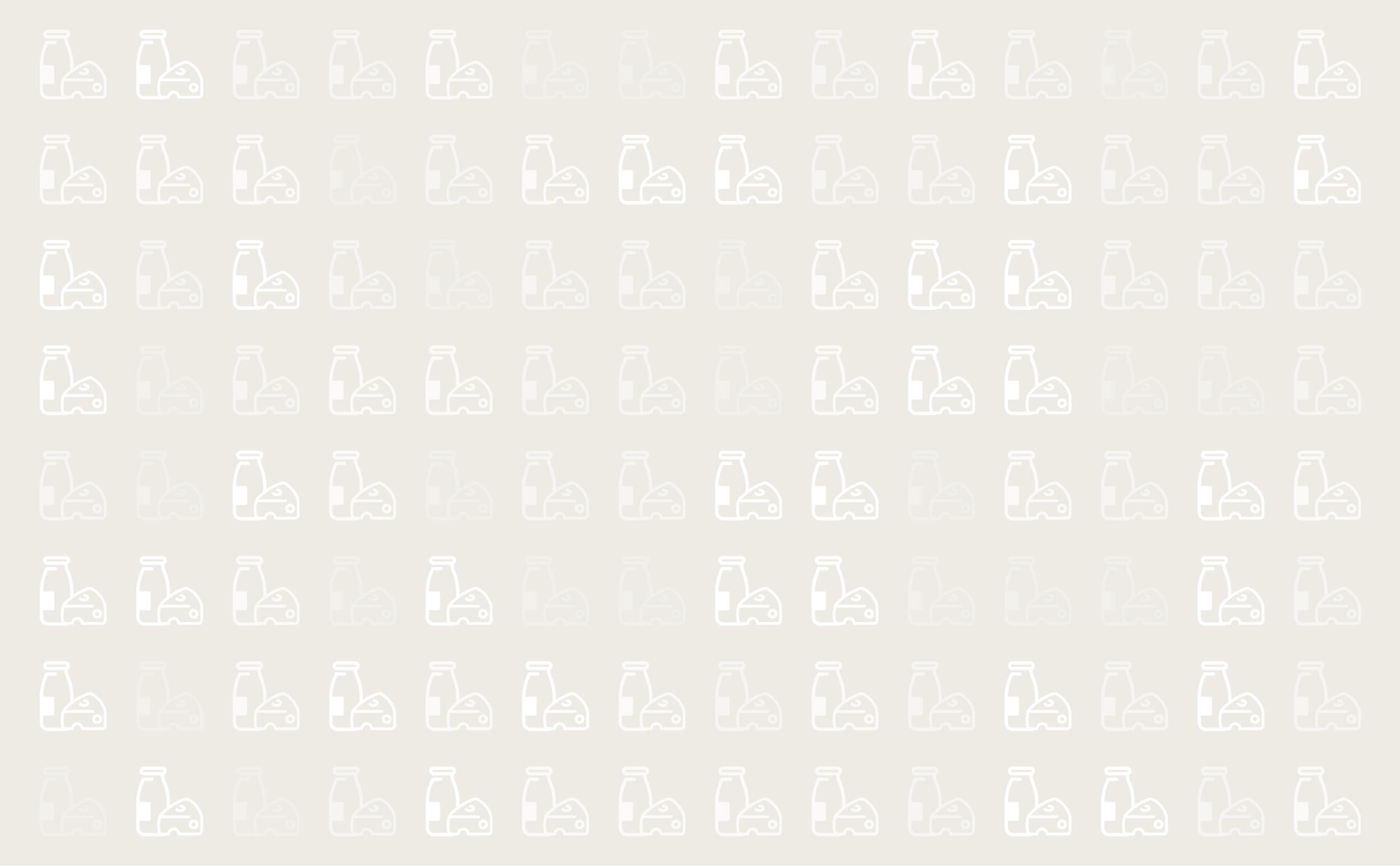



New Forest Eye
Whilst no epidemiological data exists, it is suspected that New Forest eye is the most common eye condition seen in cattle in the UK. The disease has a world-wide distribution and is usually seen in epidemics when a chronically or subclinically infected animal enters a herd. The clinical symptoms vary depending on the animal's susceptibility and the level of other contributing factors, but the main symptoms are runny eyes, red and inflamed conjunctiva and corneal ulcers in the later stages of infection.
The causative agent is a bacterium Moraxella bovis. As the condition is seen commonly during the summer months, it is suspected that ultraviolet light, dust and flies act as predisposing factors. The condition can be seen in housed animals, and it is suggested that these predisposing factors are not needed for an epidemic to occur (Bedford, 1992).
Young animals are more susceptible than older animals and exhibit severer clinical symptoms. Most clinical cases are seen in animals under two years of age (Webber and Selby, 1981).Keratoconjunctivitis can also be caused by Listeria monocytogenes of silage origin, resulting in silage eye.


